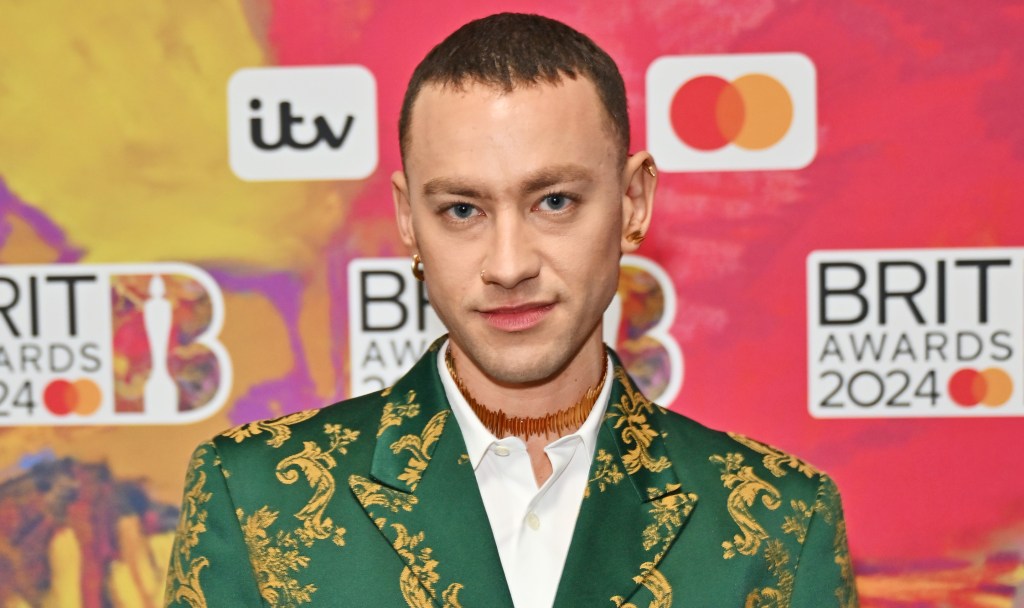Olly Alexander responds to ‘extreme’ comments about Eurovision – and Israel’s inclusion

Olly Alexander has responded to his ‘wardrobe malfunction’ in the Eurovision semi-finals (Getty)
Olly Alexander has tearfully addressed calls for him to quit as the UK’s Eurovision entrant ahead of the contest beginning this week.
In new BBC documentary Olly Alexander’s Road To Eurovision ’24, the 33-year-old opens up about the experience of being part of the Eurovision Song Contest during the Israel-Hamas war.
Throughout the lead up to the contest, pro-Palestine groups have urged Alexander and other contestants to drop out, in protest against the European Broadcasting Union (EBU) refusing to ban Israel from this year’s show.
Earlier this year, around 450 queer artists and organisations, including Pose actress Indya Moore and Shameless star Maxine Peake, joined Queers for Palestine in calling for Alexander to drop out of the contest.
In a letter addressing the star, the group wrote: “There can be no party with a state committing apartheid and genocide.”

Olly Alexander has now addressed comments suggesting he is “complicit in a genocide”, calling them “extreme”.
“It’s an incredibly complicated political situation, one that I’m not qualified to speak on”
“A lot of the contestants and myself have been having a lot of comments that are like, ‘You are complicit in a genocide by taking part in Eurovison’, which is quite extreme. It’s very extreme,” he said in the documentary.
“I understand where that sentiment is coming from but I think it’s not correct. It’s an incredibly complicated political situation, one that I’m not qualified to speak on,” he added.
Alexander got emotional discussing the “immense suffering” and “humanitarian crisis” happening in the Occupied Palestinian Territories, but said it “just so happens” that Eurovision is taking place at the same time.
“People should do what’s right for them if they want to boycott Eurovision,” he added. “If they don’t feel comfortable watching, that’s’ their choice and I respect that. Eurovision is meant to be an apolitical contest, but that is a fantasy.”
In March, Alexander shared a statement on social media in which he doubled down on his decision to continue in the contest, writing that he believes in the “unifying power of music”.
“It is important to us to stand in solidarity with the oppressed and communicate our heartfelt wish for peace, an immediate lasting ceasefire, and the safe return of all hostages. We stand united against all forms of hate, including antisemitism and islamophobia,” the statement said.
“We firmly believe in the unifying power of music, enabling people to transcend differences and foster meaningful conversations and connections.”
However, the statement was criticised as being “empty words” without action.
Last week, the singer broke down in tears during a discussion about the contest with The Times, saying that the experience has been “distressing”.
“I think a lot of our goals are the same as those of Queers for Palestine,” he said, reiterating his call for a ceasefire and “safety and security of all the people in Gaza, Palestinians and the people in Israel”.
“That’s not controversial,” he said.
“My participation in Eurovision or not isn’t going to make a difference to those things, so that’s why I’m still doing it. I believe it’s good to come together with music. I’m still hoping to enjoy some aspects of it.”
Olly Alexander’s Road To Eurovision ’24 will air on BBC One tomorrow, 7 May. It is streaming on BBC iPlayer now.
How did this story make you feel?

